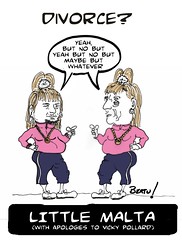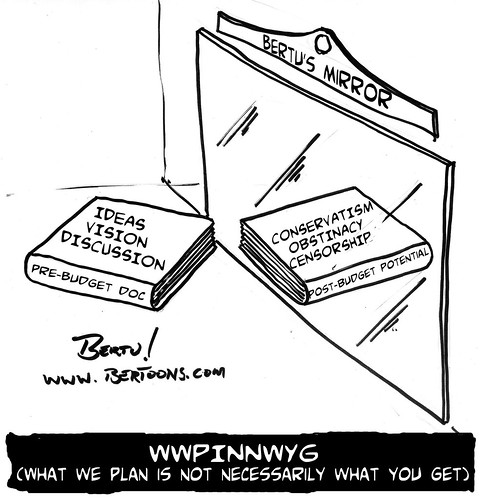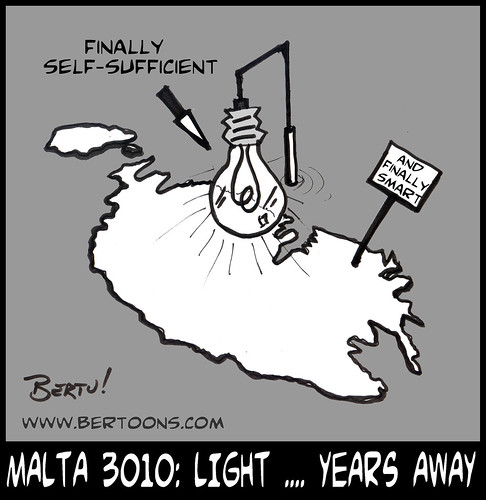“What we may be witnessing is not just the end of the Cold War, or the passing of a particular period of post-war history, but the end of history as such: that is, the end point of mankind’s ideological evolution and the universalisation of Western liberal democracy as the final form of human government.” The Jasmine Revolution seems to continue to vindicate Fukuyama’s famous words in his 1989 essay “The End of History”.
In the long timeline of human history 20 years is just a blip. In 1812 Napoleon faced the full and final settlement of the Napoleonic Wars that had their genesis in the 14 July popular uprising in 1789. Approximately the same amount of time passed between the fall of the Berlin Wall and the first rumblings of the Jasmine Revolutions. All clues point to a longer stretch of time for the viral revolutions to spread to other countries − as they have already done − such as Bahrain and Iraq: Fukuyama’s end of the Cold War is not so much an immediate happening but a gradual shutting of the door over a period of time.
Fukuyama’s theory centred around the fact that the only ideological alternatives that would be left after the end of the Cold War would be human rights, liberal democracy and capitalist free market economy. From Manama to Tunis, from Cairo to Tripoli, the loud voice of the peoples of what another theorist would call the Greater Middle East is being heard in order to determine their access to human rights, liberal democracy and a free market economy. On Friday, even the recently liberated Iraqis hit the streets denouncing a corrupt government and calling for reforms.
What civilisation?
The theorist who defined the civilisation of the Greater Middle East is Samuel Huntington. Like Fukuyama, Huntington also came up with an interesting analysis and theory of international relations. Unlike Fukuyama, Huntington saw a future of conflict along the fault-lines of civilisations. If he were alive, Huntington might want to rethink his theory or at least realise that his was a supposition that underestimated the power of the yearning for liberal democracy among Muslim peoples. Huntington’s Islamic civilisation has proved to have much more than “bloody borders” − it has uncovered a yearning for the liberal freedoms among a hitherto misunderstood mass of peoples.
Huntington may be forgiven for having theorised on what is fast turning out to be a stereotype but he was not alone. Even in the nineties, when the domino effect of the cold war liberation was at its highest, few would have theorised that the liberal streak would spread to the Middle East. Sure we speculated (and to a certain extent worried) about the Chinese peoples following suit but Tiananmen put an end to that quite quickly. And Gaddafi knew that didn’t he? The crackpot dictator could have lost his sanity long ago but his references to the June 1989 events in China were not haphazard.
We were all duped. All of us. In our uncomfortable entente with the pluri-decorated dictator from a North African tribe, we swallowed the lies that were fed to us. The lies that told us that tinpot dictators are the right sort of valve to hold down the hordes of uncivilised and radical peoples that threatened to be unleashed on us should the dictators ever let go. The lie was lubricated with oil and sweetened with smiles and promises. Politicians kowtowed, businessmen sucked up and we were happy to not be concerned.

The Inhuman Rights
Gaddafi was the West’s not so hidden secret. Lord Blair famously shook hands with the genocidal maniac in 2003 and Italy famously signed a Friendship Treaty with Gaddafi’s Jamahiriya. No sooner had the smiles and handshakes confirmed the Crazy Colonel’s rehabilitation in the international jet set did the businessmen land for a piece of the Libyan cake. Maltese businessmen included.
Look back at our dealings with Libya and not once will you see a reference to the people − to the subjects of the dictator. I hesitate to reproduce the image of what we thought of Gaddafi’s subjects but you do not need to go far for a reminder. Just open the comments at the foot of the first articles reporting the Libyan uprising. As Libya revolted Malta showed its revolting side. Speaking on Ghandi Xi Nghid, journalist Karl Schembri compared the vegetable vendor in Tunisia to the Czechoslovak Jan Palach. Few Maltese were making these comparisons at the start.
We were worried about the Libyan invasion (our wives, our children, our jobs in that oh so revolting singsong straight from the collective imagination inspired by Dragut’s corsairs), the GWU called on the Libyan people to calm down (lest Maltese workers lose their jobs), the politicians dragged their feet and the biggest noise the EU could make regarded the fears of an immigrant exodus.
Opportunity and hypocrisy
At the Saturday march organised in solidarity with Libya last week, the political group Graffitti caused a ruckus by carrying placards shaming Gonzi and Muscat for sucking up to Gaddafi. The pride of Maltese journalism threatened to quit the march and asked for the posters to be removed. Of course it’s one thing blogging about Mintoff’s parading with il-Kurunell and another looking such a poster in the face. The posters were not saying the whole truth though: Gonzi and Muscat were just part of a whole western lie that underestimated and disrespected the determination of a whole block of humanity in the Greater Middle East.
True, the insurgents have learnt the hard way that there will be no fighter jets coming to their rescue (who knows what accusations Obama’s government would have faced if it intervened… remember Libya has oil). They have learnt that the “self” in self-determination is a harsh reality that includes the risk of dismembered torsos and blood on the streets where you live. The are learning fast and by doing so they are earning the respect and admiration of a lazy West that had wrongly assumed that the wind of change that blew in Gorky Park would be limited to some of Huntington’s civilisations and not others. They may not know who Jan Palach is but they have shown the world that they can think just like him.
The tears of joy that burnt my face when I saw the jubilant scenes in Benghazi were mingled with a sense of anger at how long we have allowed ourselves to live the lie. True the revolution is fuelled by the new means of mass information (see the J’accuse post urging a philo-revolutionary revival of the defunct Voice of the Mediterranean) but it has also become one huge learning curve for the civilisations on all sides of the fault lines.
Viva la Vida indeed
Beyond the barricades there is a hidden link of humanity linking the Serb to the Burmese to the Egyptian to the Berber to the Maltese. Beyond the parochial perspective of journalists vying to become a one man CNN, of egocentric business communities and short-term politicians, there is a new movement and ideal that has rekindled the flame that started burning with the fall of the Berlin Wall. From Havana to Caracas to Moscow to Beijing all the way to earthquake riddled Christchurch, the world is still watching.
And if like Nero, Gaddafi is guilty of Queening while Tripoli burns, we would do well to learn at least one lesson from this latest instalment of the liberal democrat dream… that human rights are universal − really universal. They do not see the barriers of race, colour or creed − and that the DNA to fight for the rights of liberty, freedom and democracy is to be found in every last human being. Yes, even in those brothers of ours across the sea who we have looked down upon or ignored for so long.
Allahu akbar!
This article and corresponding Bertoon was published in The Malta Independent on Sunday (27.02.2011)
www.akkuza.com is fully compatible with the 2011 Jasmine Revolution.
Related articles
- National council set up for liberated Libyans (ft.com)
- The Libyan Revolution (geneveith.com)
- One More Philosopher-King (philosophyinatimeoferror.wordpress.com)





